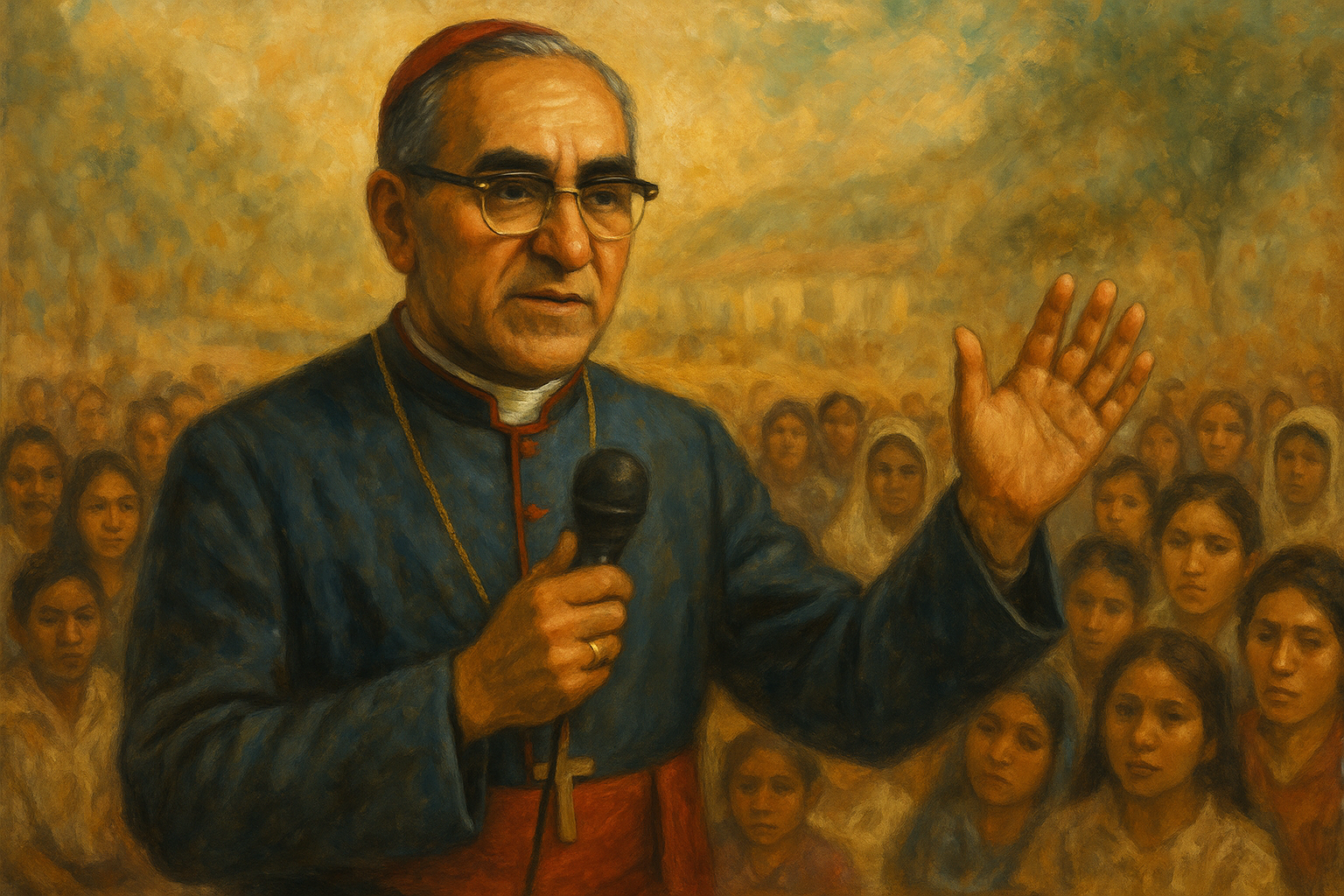St. Oscar Romero was a voice for the voiceless — a pastor who preached peace in a time of fear and stood beside the poor when it cost him everything. His life reveals that faith is not silent in the face of injustice. It speaks with love, acts with courage, and suffers for the truth.
A Pastor for the People
Born in El Salvador in 1917, Oscar Romero lived through a time of great political unrest and social division. As archbishop of San Salvador, he became a spiritual father to a nation torn apart by violence and oppression. He began as a quiet, cautious priest, devoted to study and prayer. But witnessing the suffering of the poor and the death of his friend, Fr. Rutilio Grande, awakened a prophetic fire in his soul.“When we preach the truth and denounce injustice, we are not political — we are Christian.”From that moment, St. Oscar became a shepherd who refused to abandon his flock. He used his weekly radio homilies to proclaim God’s love, justice, and mercy to millions, often at great personal risk.
The Cost of Truth
Romero’s courage made him a target. Yet he continued to speak out for the dignity of every human life — urging soldiers to obey God’s law rather than unjust orders, and calling leaders to conversion. On March 24, 1980, while celebrating Mass, he was martyred at the altar. His final words still echo through the Church: “May this Body and Blood of Christ nourish us to give our lives for others.” He lived what he preached — that love without justice is incomplete, and justice without love is hollow.Why St. Oscar Still Matters Today
In a world wounded by division and silence, St. Oscar Romero remains a voice of truth and peace. He inspires:- Those working for justice and human dignity
- Priests, teachers, and leaders called to speak truth with love
- Anyone who seeks peace through compassion and courage
- Believers longing to live faith publicly and authentically

